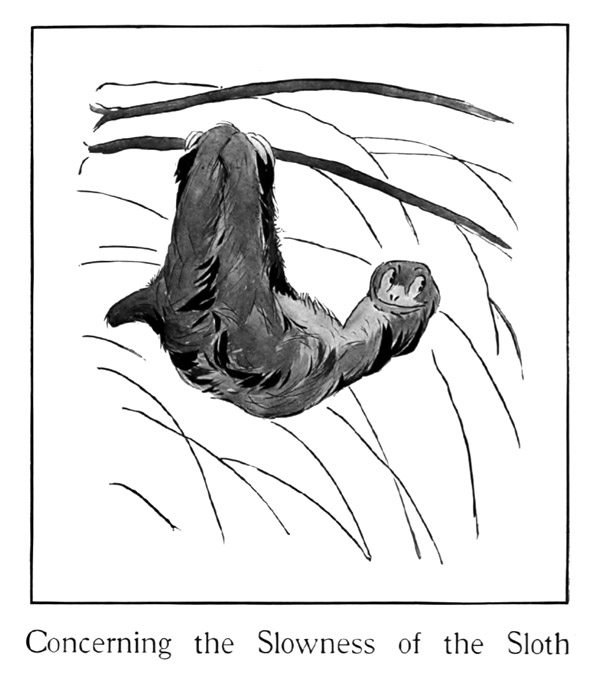
Young Anakin Skywalker was separated from his mother at an early age, and his father was absent, factors that could have contributed to borderline personality disorder. His “infantile illusions of omnipotence” and “dysfunctional experiences of self and others” are also indicative of this condition from an early age. The researchers argue that Vader experienced two “dissociative episodes,” one when he exterminated the Tuskan people after his mother’s death, and the other when he killed all of the Jedi younglings. He often showed impulsive behavior and had difficulty controlling his anger. He also may have showcased a disturbance in identity by turning to the dark side and changing his name. —“What is Darth Vader’s diagnosis?” Elizabeth Landau, CNN
Man who once successfully sued Michael Bolton because his thing was not Bolton’s thing and he should not have done with it as he wanted to do, dies;
math school geeks get it on, too;
the Empire State–retarded no more?
Seventy years ago malaria left a trail of fever and death across the Southeast. Atlanta was the heart of malaria country, which is why the federal government set up a base here for the disease’s eradication. Workers coated almost 5 million houses with a pesticide called DDT, killing the mosquitoes that spread the parasite. By 1949 malaria was nearly vanquished in the United States, but the agency charged with its removal stayed in Atlanta and took up the fight against other diseases. Today that agency is called the Centers for Disease Control and Prevention, and it is the nationwide headquarters in our war with influenza. Somewhere on its campus off Clifton Road, six miles northeast of Downtown, in a locked freezer guarded with a retinal scanner, there is a resurrected copy of the Great Influenza virus that killed as many as 100 million people. Scientists are studying it for clues to the next pandemic. —“The Golden Boy and the Invisible Army,” Thomas Lake, Atlanta
Toilet paper politics, or the thin line between getting involved and letting go;
reject the peddlers of Peronista paraphernalia;
the new peanut will not kill you
Consider digital photography: we take lots more photos than we did in the analogue age. But is the global photo-orgy—3 billion photos are uploaded each month to Facebook alone—good for remembering? There is a good case to the contrary. The explosion of photos makes it harder to find what we need. A 2008 study conducted by researchers at the University of Sheffield in Britain found that 39 percent of surveyed participants failed to retrieve digital photos of important events that took place only a year before; they couldn’t find them on their hard drives and had no idea how to search for them, as they had not organized and annotated them properly. —“Speak, Memory,” Evgeny Morozov, Boston Review


